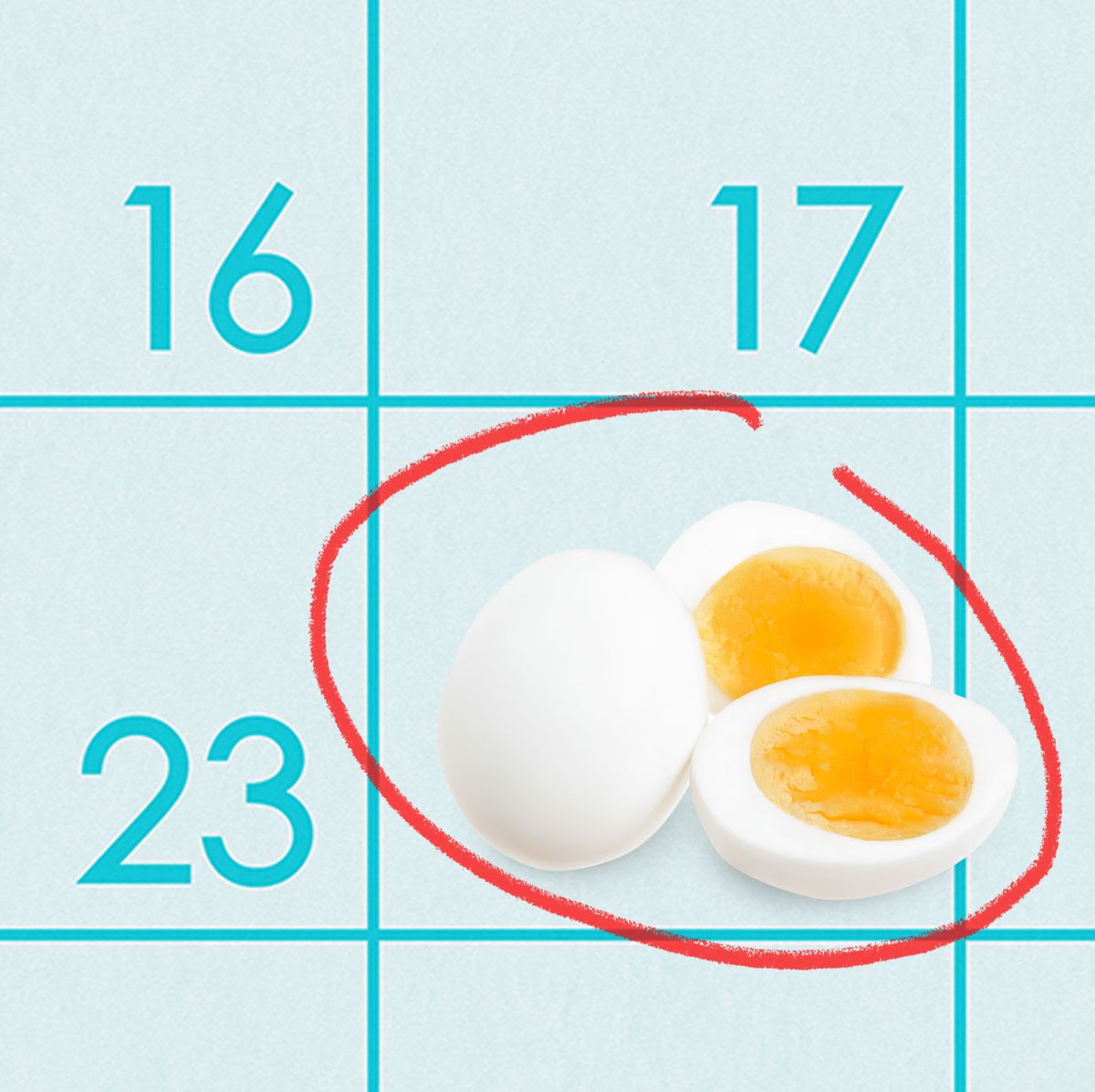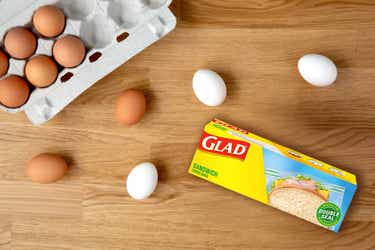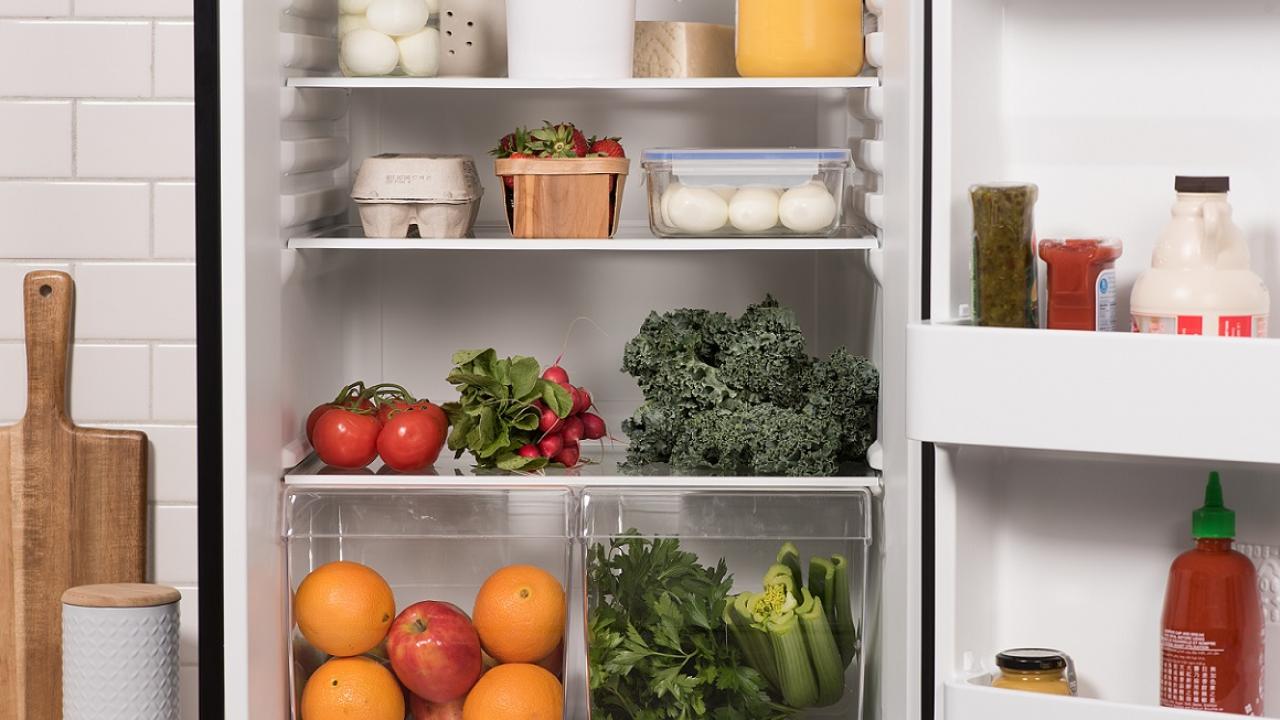Peeled boiled eggs last up to 5-7 days in the fridge. Store them in an airtight container for best results.

Peeled-boiled eggs are a convenient and nutritious snack. Still, they require proper storage to maintain freshness and safety, and keeping them in an airtight container helps prevent the eggs from absorbing fridge odors and drying. It’s crucial to refrigerate them promptly after peeling to minimize the risk of bacterial growth.
This extends their shelf life and ensures they remain safe to eat. Use the eggs within a week to enjoy them at their best quality. Following these storage tips can help you make the most of your boiled eggs, ensuring they stay fresh and delicious.
Peeled Boiled Eggs: An Overview
Peeled-boiled eggs are a versatile and nutritious food. They are easy to prepare and store. Knowing how long they last in the fridge ensures safety and freshness. Let’s explore their benefits and typical uses.
Nutritional Benefits
Peeled-boiled eggs offer numerous health benefits. They are rich in protein and essential vitamins. Here is a quick look at their nutritional value:
| Component | Value (per egg) |
|---|---|
| Protein | 6 grams |
| Vitamin B12 | 9% of daily value |
| Vitamin D | 15% of daily value |
| Choline | 147 mg |
They also contain healthy fats and antioxidants. These nutrients support muscle growth, brain health, and overall wellness.
Common Uses
Peeled boiled eggs can be used in various dishes. Here are some popular ways to enjoy them:
- Salads: Add them to green or pasta salads.
- Snacks: Eat them with a sprinkle of salt or pepper.
- Sandwiches: Make egg salad or add slices to your sandwich.
- Breakfast: Pair with toast for a quick meal.
- Appetizers: Create deviled eggs for parties.
These uses show the versatility of peeled-boiled eggs. They fit into many meal plans, making them a staple in many households.

Credit: www.goodhousekeeping.com
Proper Storage Techniques
Storing peeled, boiled eggs correctly ensures they stay fresh and safe. Let’s explore the best methods to store them in your fridge.
Ideal Temperature
Keep your fridge at the right temperature for storing eggs. The ideal temperature is between 33°F and 40°F. This range keeps eggs fresh and prevents bacteria growth.
Use a fridge thermometer to monitor the temperature. Place the peeled, boiled eggs on a middle shelf. Avoid storing them on the door, where temperatures fluctuate.
Best Containers
Choosing the correct container helps maintain the freshness of peeled-boiled eggs. Use an airtight container to prevent drying out. Here are some container options:
- Glass containers with tight-fitting lids
- Plastic containers marked as food-safe
- Zip-lock bags with excess air removed
Ensure the container is clean and dry before storing the eggs. Place a paper towel at the bottom to absorb any excess moisture.
| Container Type | Pros | Cons |
|---|---|---|
| Glass Container | Durable, non-toxic, maintains freshness | Heavy, breakable |
| Plastic Container | Lightweight, inexpensive, easy to store | May retain odors, less durable |
| Zip-lock Bag | Space-saving, easy to label | Less protective, not reusable |
By following these proper storage techniques, your peeled, boiled eggs will stay fresh and safe for up to one week.
Shelf Life Of Peeled Boiled EggPeeled-boiled
Peeled boiled eggs are a convenient and nutritious snack. Knowing their shelf life ensures they remain safe. Let’s explore how long these eggs last in the fridge and tips for freshness.
General Guidelines
Peeled-boiled eggs can last up to one week in the fridge. Store them in an airtight container to maintain freshness. Keep the container on a refrigerator shelf, not the door. Tdoor’s temperature fluctuates more, which can spoil the eggs faster.
| Storage Method | Shelf Life |
|---|---|
| Airtight Container | Up to 7 days |
| Loose in Fridge | 3-4 days |
Signs Of SpoilaIt’s
It’s crucial to identify spoiled eggs to avoid foodborne illness. Here are some signs:
- Smell: rotten egg emits a sulfur-like odor.
- Texture: Spoiled eggs become slimy or sticky.
- Color: Watch for unusual colors, like green or gray.
Always trust your senses. If an egg seems off, discard it immediately.

Credit: www.glad.com
Factors Affecting Freshness
Keeping peeled boiled eggs fresh in the fridge requires attention. Understanding the factors that affect freshness helps maintain safety and taste. Two key factors are humidity levels and exposure to air.
Humidity Levels
Humidity plays a significant role in the freshness of peeled-boiled eggs. High humidity can cause moisture buildup, leading to bacterial growth. Low humidity can dry out the eggs, making them rubbery.
Consider storing your peeled, boiled eggs in an airtight container. This maintains the optimal humidity levels inside the container. You may also use a damp paper towel to cover the eggs. This can help retain moisture without making them too wet.
Exposure To Air
Air exposure is another crucial factor. Peeled-boiled eggs exposed to air can spoil faster. Oxygen can cause the eggs to develop an off-flavor and odor.
To minimize air exposure, store the eggs in a sealed container. This helps keep them fresh for longer. You can also use plastic wrap to cover the eggs individually. This method reduces the air that comes into contact with the eggs.
| Factor | Effect | Solution |
|---|---|---|
| Humidity Levels | Too high: Bacterial growth Too low: Dry, rubbery texture | Use airtight containers Cover with damp paper towel |
| Exposure to Air | Off-flavor and odor Faster spoilage | Store in sealed containers Wrap individually with plastic wrap |
By managing humidity levels and minimizing air exposure, you can keep peeled-boiled eggs fresh and safe to eat.
Safety Concerns
When storing peeled boiled eggs, safety should be your main priority. Improper storage can lead to health risks. Understanding safety concerns helps keep your food fresh and safe.
Bacterial Growth
Bacteria can grow on peeled, boiled eggs if not stored correctly. The outer shell usually protects the egg. Once peeled, this protection is gone. This makes the egg more prone to bacterial contamination.
Temperature plays a critical role in bacterial growth. Keep your fridge at or below 40°F (4°C). This temperature slows down bacterial growth. Always place peeled boiled eggs in the coldest part of your fridge.
Use airtight containers to store your eggs. This keeps them from absorbing other odors. It also reduces the risk of contamination from other foods. Label the container with the date you boiled the eggs. This ensures you know how long they have been stored.
Risk Of Contamination
Contamination risks increase with peeled-boiled eggs. Always wash your hands before touching the eggs. Use clean utensils to handle the eggs.
Store peeled boiled eggs away from raw foods. This prevents cross-contamination. Raw foods may carry harmful bacteria. Keeping them separate ensures your peeled-boiled eggs remain safe to eat.
Check your eggs for any signs of spoilage. If they have a terrible odor, discard them immediately. Never eat eggs that look or smell off.
| Storage Method | Maximum Storage Time |
|---|---|
| Airtight Container in Fridge | Up to 1 week |
| Open Plate in Fridge | 3-4 days |
- Always refrigerate peeled-boiled eggs.
- Use airtight containers for better freshness.
- Label containers with boiling dates.
Extending Shelf Life
Extending the shelf life of peeled boiled eggs is vital for freshness and safety. Here are some expert tips to help you keep your eggs fresh longer.
Using Vinegar
A straightforward method is to use vinegar. This can help preserve your peeled-boiled eggs.
Add one tablespoon of vinegar to a cup of water. Submerge the eggs in this solution. Store them in an airtight container in the fridge. The vinegar helps kill bacteria, keeping your eggs fresh.
Vacuum Sealing
Vacuum sealing is another effective way to extend shelf life. This method removes the air around the eggs. Without air, bacteria have a hard time growing.
Here’s how you can vacuum seal your peeled boiled eggs:
- Place the eggs in a vacuum seal bag.
- Remove as much air as possible using a vacuum sealer.
- Seal the bag tightly.
- Store the sealed bag in the fridge.
Vacuum sealing keeps your eggs fresh and safe to eat longer.
Reheating Tips
Peeled-boiled eggs are a great snack or ingredient. But how do you reheat them safely? Here, you’ll find the best reheating tips to keep your eggs tasty and safe.
Microwave Methods
Reheating peeled boiled eggs in the microwave is quick. First, place the egg in a microwave-safe bowl. Cover it with a damp paper towel. This keeps the egg from drying out.
Microwave the egg for about 20 seconds. Check it’s warm enough. If not, heat it in 10-second intervals until done.
Tip: Never overheat the egg. It can become rubbery and lose flavor.
Stovetop Techniques
Reheating on the stovetop takes a bit longer. It’s worth it for the best texture. Fill a pot with water and bring it to a boil.
Place the peeled egg in the boiling water. Let it sit for about 30-60 seconds. Remove the egg with a slotted spoon.
ImportanDon’tn’t leave the egg in too long. It can overcook and become rigid.
Now, you have the best methods for reheating peeled-boiled eggs. Try both and see which you prefer!

Credit: www.eggs.ca
Creative RecipePeeled-boiled
Peeled boiled eggs are not only nutritious but also versatile. They can be used in a variety of creative recipes. From salads to appetizers, they add protein and flavor to your meals. Here are some ideas to make the most of your peeled-boiled eggs.
Salads And Sandwiches
Add sliced boiled eggs to your favorite salads. They pair well with greens, tomatoes, and avocados. For a protein-packed lunch, make an egg salad sandwich. Mix chopped boiled eggs with mayo, mustard, and your choice of herbs.
- Classic Cobb Salad: Combine eggs, bacon, chicken, and blue cheese.
- Egg Avocado Toast: Layer avocado and sliced eggs on toast.
- Spinach and Egg Salad: Toss eggs with spinach, feta, and vinaigrette.
Appetizers And Snacks
Peeled-boiled eggs can also be turned into delicious appetizers or snacks. They are perfect for parties or a quick bite.
- Deviled Eggs: Mix yolks with mayo, mustard, and paprika. Fill egg whites with the mixture.
- Egg and Veggie Skewers: Alternate eggs with cherry tomatoes and cucumbers on skewers.
- Egg and Cheese Bites: Wrap boiled eggs in cheese slices and serve with a toothpick.
| Recipe | Ingredients | Preparation Time |
|---|---|---|
| Deviled Eggs | Eggs, Mayo, Mustard, Paprika | 15 minutes |
| Egg Avocado Toast | Eggs, Avocado, Bread | 10 minutes |
| Spinach and Egg Salad | Eggs, Spinach, Feta, Vinaigrette | 10 minutes |
Frequently Asked Questions
Is It Better to Store Hard-boiled Eggs Peeled or Unpeeled?
It is better to store hard-boiled eggs unpeeled. Unpeeled eggs retain moisture and freshness longer. Store them in an airtight container in the refrigerator. Peeled eggs can dry out and absorb odors more quickly.
Can You Freeze Hard-boiled Eggs That Are Peeled?
Yes, you can freeze peeled hard-boiled eggs. Freezing may change their texture, making them rubbery. Use within three months for best quality.
Where Do You Store Peeled Boiled Eggs?
Store peeled boiled eggs in an airtight container please keep them in the refrigerator at 40°F (4°C) or below. Consume within one week for the best freshness.
How to Keep Boiled Eggs From Smelling After Peeling?
Store peeled boiled eggs in an airtight container. Add a damp paper towel to absorb odors. Keep them refrigerated.
Conclusion
Proper storage of peeled-boiled eggs ensures freshness and safety. Please keep them in the fridge for optimal results. Use airtight containers to avoid contamination. Always check for unusual odors or textures before consumption. Following these tips, you can enjoy your boiled eggs longer and stay healthy.


GIPHY App Key not set. Please check settings